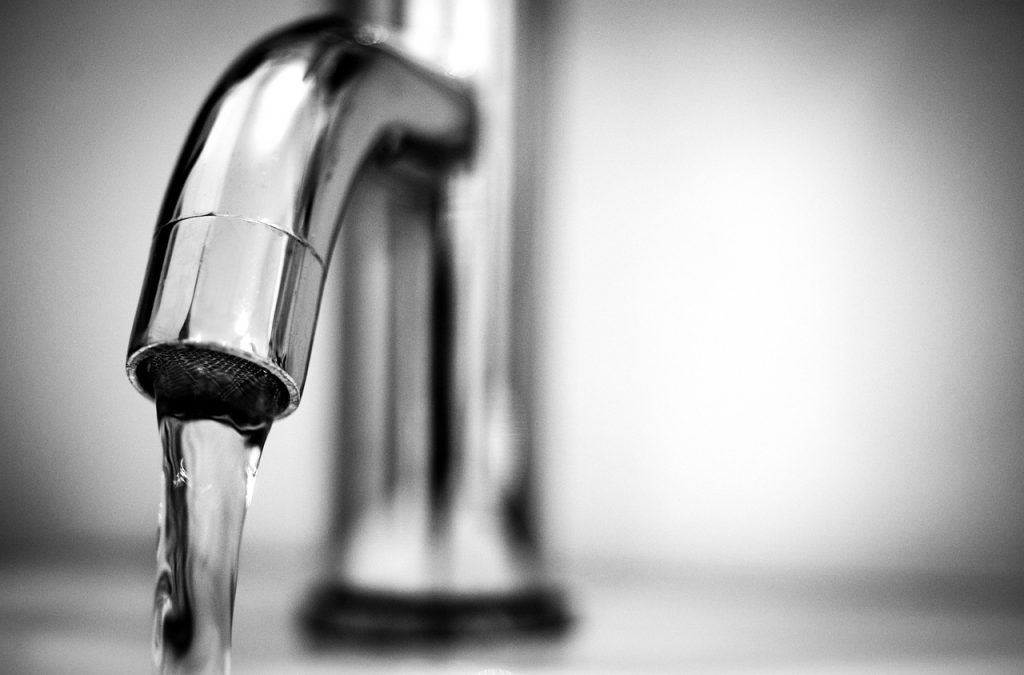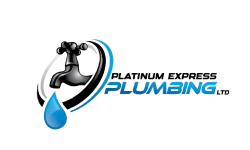Whole-house water filtration system
Whole-house water filtration system

Whole-House Water Filtration System
Access to clean and safe drinking water is essential for every household, yet many homes in Toronto face challenges related to water quality. A whole-house water filtration system offers an effective solution to ensure that every drop of water in your home meets the highest standards of purity. This comprehensive system works tirelessly to remove contaminants and improve the overall quality of water, providing peace of mind for families and individuals alike.
Understanding Whole-House Water Filtration
A whole-house water filtration system is designed to treat water at the point of entry into your home. Unlike point-of-use filters that only purify water from a single faucet, this system filters all the water flowing through your plumbing. This means that every tap, shower, and appliance benefits from cleaner, healthier water.
These systems typically incorporate multiple filtration stages, including sediment filtration, activated carbon filtration, and sometimes advanced technologies like reverse osmosis. Each stage serves a specific purpose, ensuring that a wide range of impurities, including chlorine, heavy metals, bacteria, and sediment, are effectively removed.
Benefits of a Whole-House Water Filtration System
Improved Water Quality: The primary advantage of a whole-house filtration system is the immediate improvement in water quality. By effectively removing harmful contaminants, the water becomes safer for drinking, cooking, and bathing.
Better Taste and Odor: Contaminants like chlorine and sulfur can impart unpleasant tastes and odors to your water. With a filtration system in place, these issues are significantly reduced, making your water more enjoyable.
Health Benefits: Access to clean water is crucial for maintaining good health. A whole-house system can eliminate harmful substances that may pose health risks, particularly for vulnerable populations like children and the elderly.
Extended Appliance Life: Contaminants in hard water can damage appliances such as dishwashers and washing machines over time. By filtering out these impurities, you can extend the lifespan of your appliances and reduce maintenance costs.
Cost-Effectiveness: While the initial investment in a whole-house filtration system may seem significant, it can lead to long-term savings. You’ll spend less on bottled water, reduce plumbing repairs, and enjoy lower energy bills by improving appliance efficiency.
Environmental Benefits: Using a whole-house system reduces the reliance on bottled water, which contributes to plastic waste. Additionally, cleaner water systems can lower the strain on municipal water treatment facilities.
The Installation Process
Installing a whole-house water filtration system is a straightforward process that can be completed by trained professionals. The installation typically begins with an assessment of your home’s water quality and the specific needs of your household. This may include water testing to identify contaminants present in your supply.
Once the assessment is complete, the right filtration system will be selected. Installation usually takes place at the main water line, allowing the system to filter water before it reaches any faucet or appliance. The installation team will ensure that the system is properly connected and that all components are functioning as intended.
Maintenance and Care
To keep the whole-house water filtration system operating at peak efficiency, regular maintenance is essential. This typically involves replacing filters according to the manufacturer’s guidelines and conducting routine inspections to ensure there are no leaks or malfunctions.
A maintenance plan can be set up to ensure that the system continues to deliver clean water without interruption. Many providers also offer service contracts that include regular check-ups and emergency repairs, providing added peace of mind for homeowners.
Choosing the Right System
When selecting a whole-house water filtration system, it’s essential to consider several factors:
Water Quality Needs: Understand the specific contaminants present in your water supply. A professional can assist in identifying which filtration methods are necessary.
System Size: Ensure that the filtration system can handle the volume of water your household uses. Systems come in various sizes, and a suitable choice will ensure optimal performance.
Budget: Consider both the upfront costs and ongoing maintenance expenses. Investing in a high-quality system may offer better long-term benefits.
Certification: Look for systems that are certified by reputable organizations. This ensures that they meet stringent performance standards for contaminant removal.
The Importance of Professional Guidance
Investing in a whole-house water filtration system is a significant decision, and having expert guidance can make all the difference. Professional installers bring experience and knowledge, ensuring that the system is tailored to meet your specific needs. They can also provide valuable insights into the best practices for maintaining your filtration system and optimizing its performance.
A whole-house water filtration system is a vital investment for any homeowner in Toronto looking to enhance their water quality. By filtering out impurities and providing cleaner, safer water throughout the home, these systems contribute to better health, improved taste, and increased appliance longevity.
Choosing to install a whole-house water filtration system not only benefits your family but also contributes to a more sustainable future by reducing plastic waste and easing the burden on municipal water systems. For anyone looking to elevate their household water quality, this comprehensive solution is a wise and responsible choice. Whether you’re upgrading your existing system or considering installation for the first time, professional support is available to help you navigate the process with confidence and ease.
FAQs
The cost of a whole-house water filtration system can vary based on the type and features of the system, such as sediment filters, carbon filters, or reverse osmosis systems. Other factors include the size of your home and the level of filtration required. Consulting with a professional can give you a more accurate estimate based on your specific needs.
To choose the right system, consider factors like your water quality, the specific contaminants you want to remove, and your water usage needs. Additionally, consulting a water filtration specialist can help you identify the best system based on the local water quality and your household’s requirements.
Maintenance costs depend on the type of filtration system and how frequently filters need to be replaced. Whole-house systems typically require filter changes every six months to a year. You may also need professional inspections periodically to ensure optimal performance.
Some homeowners choose to install their own systems, especially if they have basic plumbing experience. However, professional installation is often recommended for whole-house systems to ensure proper setup, avoid potential leaks, and confirm compatibility with your plumbing.
